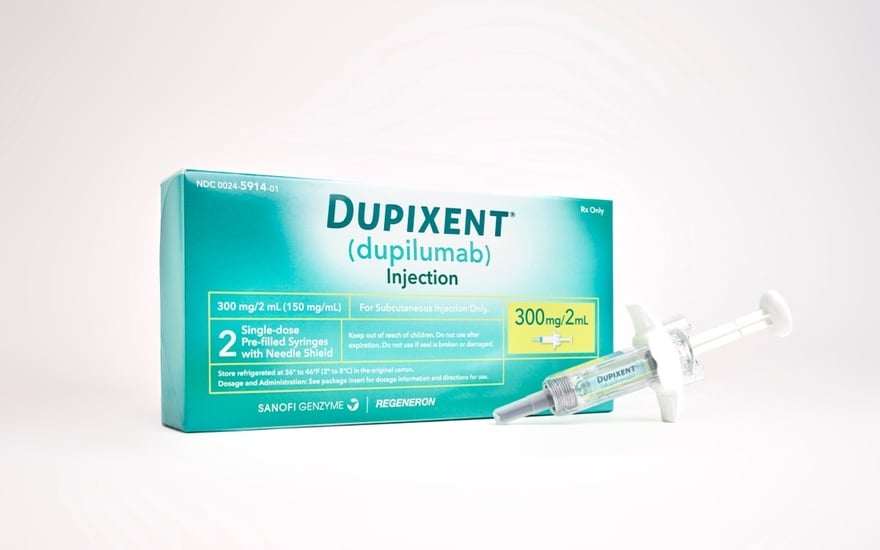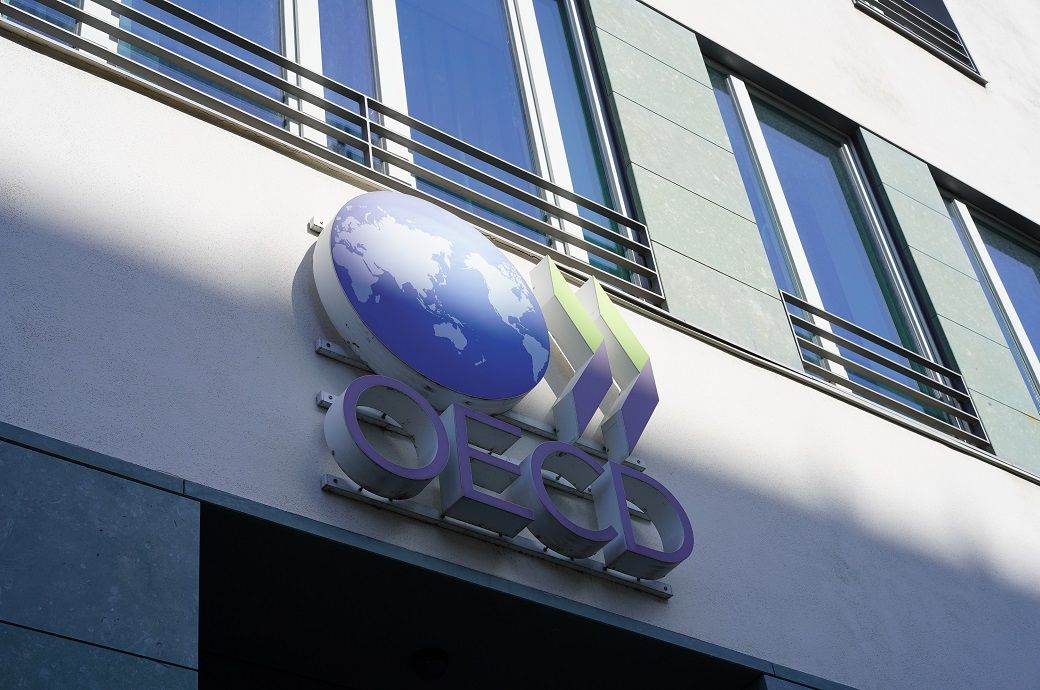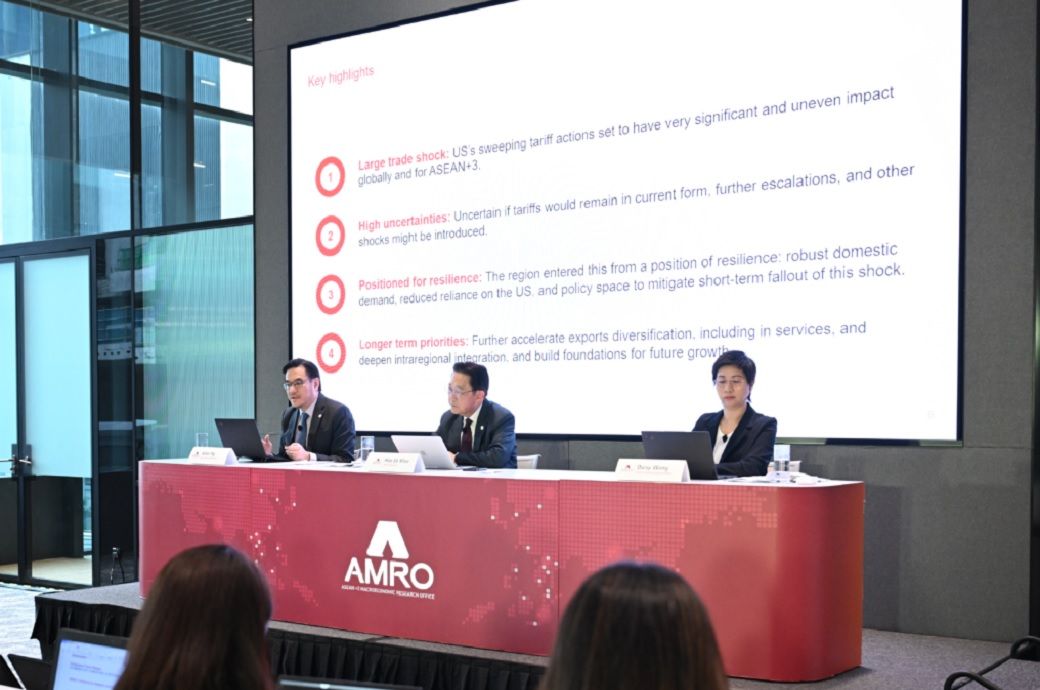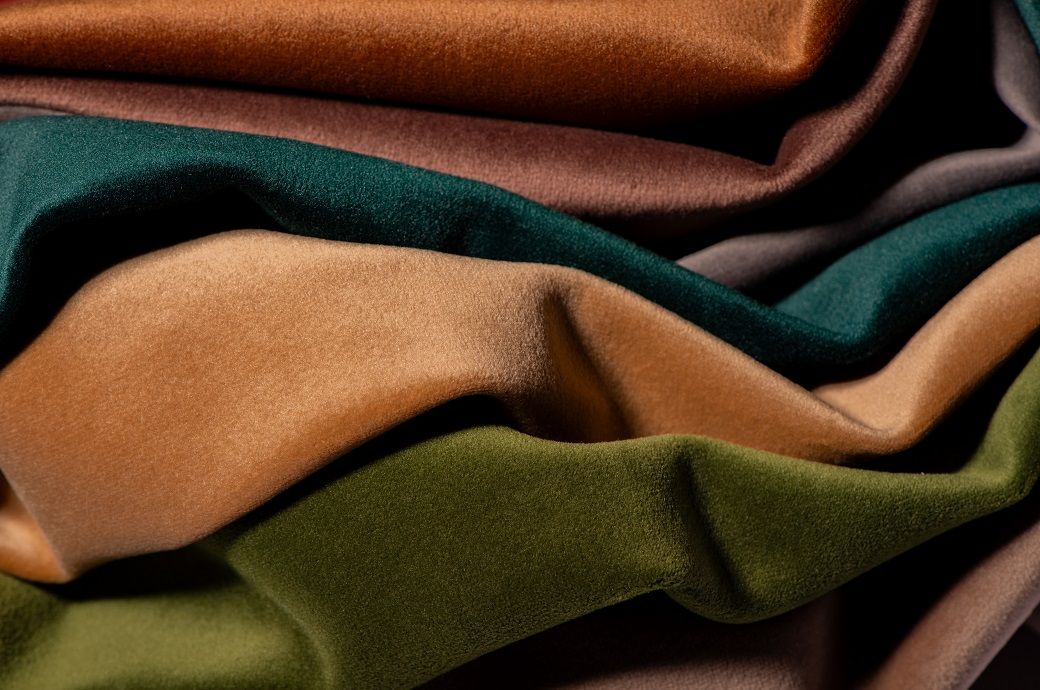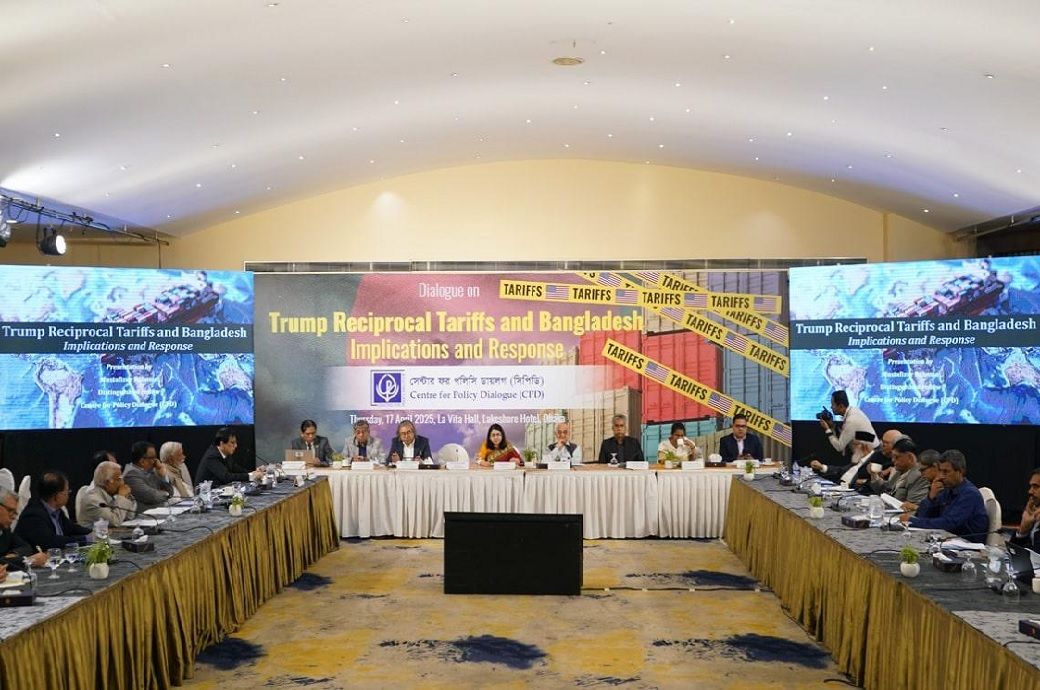Anti‐Cytokine Active Immunotherapy Based on Supramolecular Peptides for Alleviating IL‐1β‐Mediated Inflammation
Advanced Healthcare Materials, Volume 14, Issue 5, February 18, 2025.

Supramolecular peptide nanofiber immunogens are designed using B-cell epitopes from IL-1β and exogenous T-cell epitopes. Without adjuvant, these materials raise durable antibody responses that inhibit IL-1β activity in vitro and in vivo. In a mouse model of psoriasis, these immunizations diminish symptoms of epidermal thickening. This technology represents a potential alternative for anti-cytokine biologics for treating chronic inflammatory conditions.
Abstract
IL-1β is a principal proinflammatory cytokine underlying multiple local and systemic chronic inflammatory conditions including psoriasis, rheumatoid arthritis, inflammatory bowel disease, and type 2 diabetes. Passive immunotherapies and biologic drugs targeting IL-1β, while offering significant clinical benefit, nevertheless have limitations such as significant non-response rates, induction of anti-drug antibodies, and high costs. Here, an active immunotherapy raising antibody responses against IL-1β employing self-assembling peptide nanofibers is described. The nanofibers contain defined quantities of B-cell epitopes from IL-1β and exogenous T helper epitopes and employ the Q11 self-assembling peptide platform. Without adjuvant, the nanofibers raised durable anti-IL-1β antibody responses that inhibit IL-1β activity in vitro and in vivo. In a mouse model of imiquimod-induced psoriasis, prophylactic immunizations with the nanofibers diminished symptoms of epidermal thickening. This therapeutic effect is associated with biasing the immune response toward an anti-inflammatory IgG1/Th2 phenotype and a lowered expression of proinflammatory genes in the skin. Further, anti-IL-1β nanofibers induced therapeutic immunosuppressive CD62L+ Treg cells. This technology represents a potential alternative for passive immunotherapies and other biologics for treating chronic inflammatory conditions.






























































